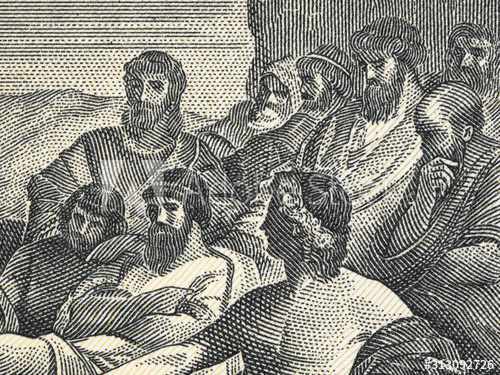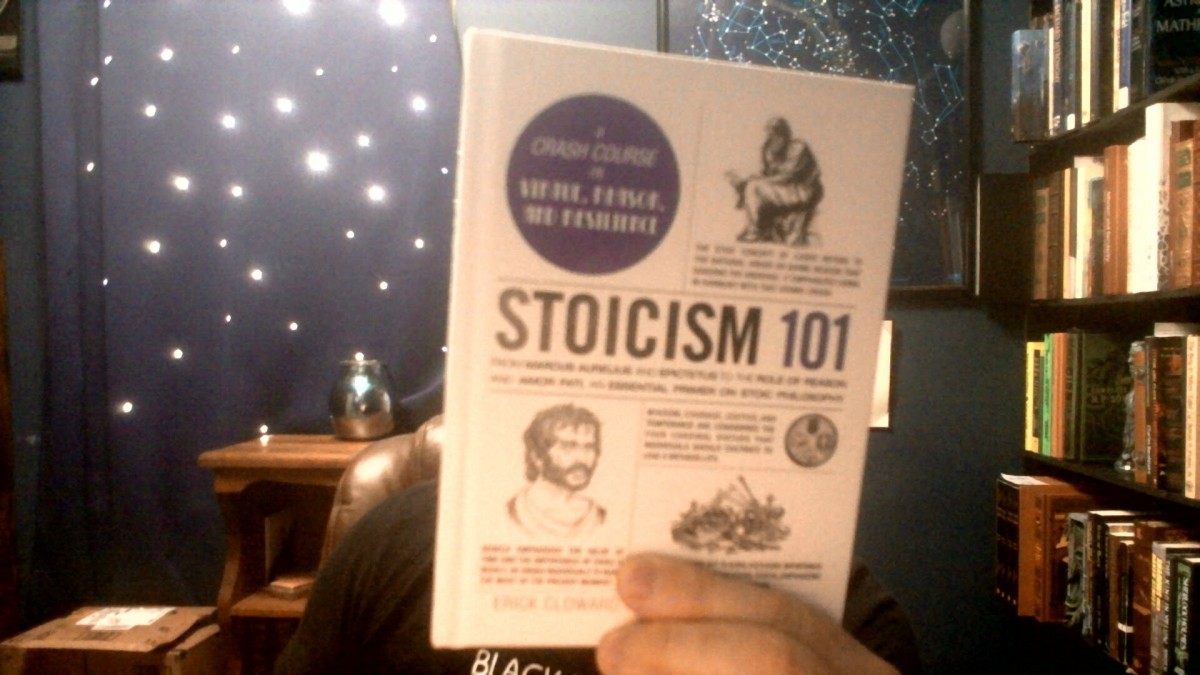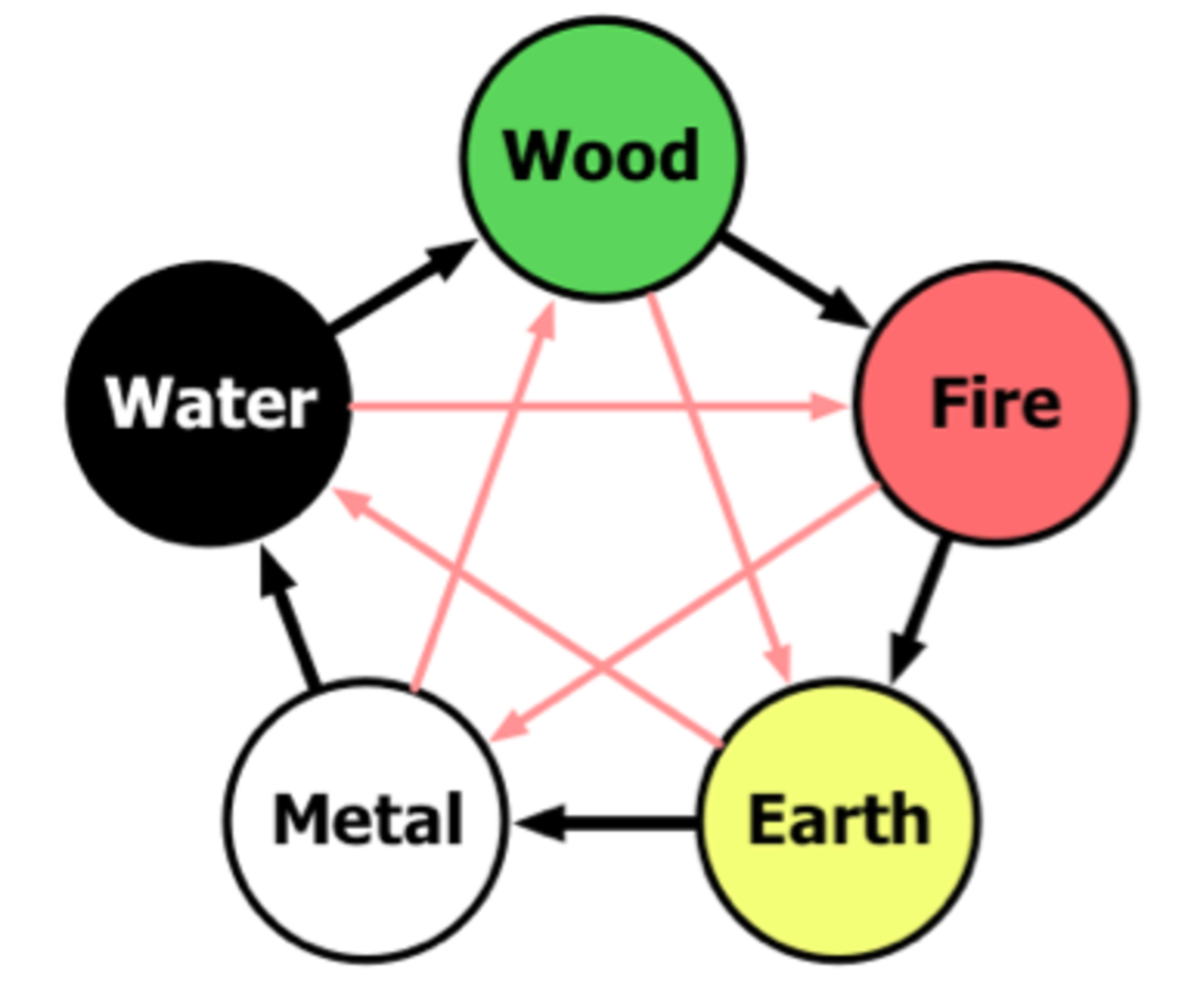Be a Better Person with Stoicism
Stoic Greeks

Be a Better Person With Stoicism
Stoicism is a philosophy founded in Athens by Zeno of Citium in the early 3rd century BC. It is a school of philosophy that flourished throughout the Roman and Greek world until the 3rd century AD.
According to its teachings, as social beings, the path to happiness for humans is found in accepting that which we have been given in life, by not allowing ourselves to be controlled by our desire for pleasure or our fear of pain, by using our minds to understand the world around us and to do our part in nature's plan, and by working together and treating others in a fair and just manner.
In many ways, stoicism can be summarised by the famous Serenity Prayer which was written by the American theologian Reinhold Niebuhr (1892–1971). The best-known form is:
God, grant me the serenity to accept the things I cannot change,
Courage to change the things I can,
And wisdom to know the difference.
Stoicism is therefore a practical philosophy and though a huge amount has been written on the subject, there are a number of pointers that can best summarise the teaching:
-
We cannot change things outside our control, but we can change our attitude.
-
We should accept what we cannot change.
-
We should try to be the best that we can be in everything we do.
-
We should avoid falling prey to modern society’s materialistic view.
-
We should imagine life without the people and possessions we have so that we truly appreciate them.
-
Practicing our values is better than preaching about them. Don’t tell people, show them.
-
All emotions come from within us, so we should learn to control them.
-
We should find a role model and use that person to help guide us.
-
Life is full of failure, but we must realise that there is life after failure.
-
Read purposefully and apply the knowledge we have gained.
-
We should challenge ourselves and be brutally honest.
-
We should remember that time is our most precious resource, so we should not procrastinate.
-
Learn to live in the present rather than moan about the past or fear the future.
The aim of this philosophy is to become a better person. This can only come about by constantly seeking to improve ourselves. We can do this by finding a person whose principles we admire and seek to be like them. We can spend our time better by reading and learning, not putting things off or wasting time. One of the key points is recognising that there are some circumstances that are beyond our control and so we should accept those circumstances. If there is something that we can do to make our lives (or the world) better, we should go about making it happen without fear.
An example often given of a stoic in action was the following: Some men were aboard a boat crossing the sea when a huge storm arose. Everyone on board was terrified by the power of the storm believing that the boat would sink and they would all be drowned. One man was calm and when asked how he managed it he simply said, “There is nothing I can do to change the storm so I must accept the consequences of it whether good or bad”.
In daily life, a stoic would try to be the best that he can be in all his activities. A man would try to be the best provider for his family that he can be, the best husband he can be, the best driver he can be etc. He would not try to be the best in the world, that would be unreasonable, but he would try to be the best that he can be.
This means that a stoic would accept what he is and try to improve himself but accept that he may never be the best because he may not have the physical skills, intellectual capacity, strength etc. He would learn to accept his limitations but strive to be the best within those limits.
Stoicism is a life philosophy which, if applied, gives great peace of mind no matter what the state the person lives in. Even though the person may be poor, unwell, or having to look after others, he can still be contented.
Being contented is a realistic life aim
What does this mean for us on a daily basis? It means continual striving to be the best in all activities, but accepting that perfection is impossible. It means learning to accept our situation and going about our work in a cheerful manner.








